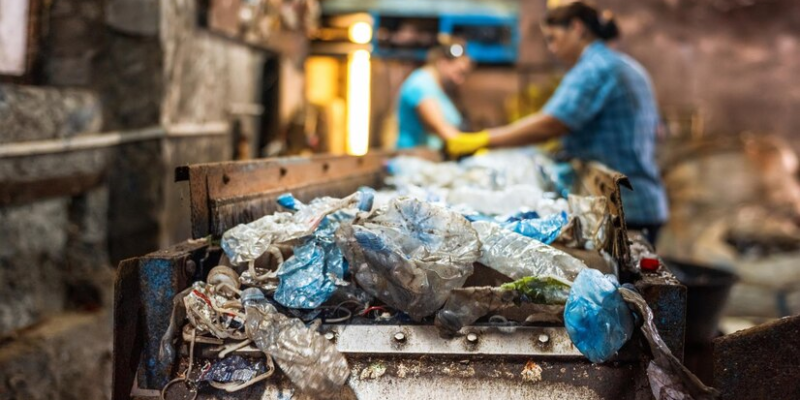As the world grapples with the challenges of climate change, environmental degradation, and resource depletion, waste reduction and recycling have emerged as crucial strategies for a more sustainable future. By adopting these practices, individuals, businesses, and governments can significantly reduce their environmental footprint and promote a healthier planet.
The Importance of Waste Reduction
Waste reduction is a critical step towards a sustainable future. By reducing waste, we can conserve natural resources, decrease greenhouse gas emissions, and minimize the amount of waste sent to landfills. One effective way to reduce waste is to adopt a circular economy approach, where products are designed to be recycled, reused, or biodegradable.
The Role of Recycling in Sustainability
Recycling plays a vital role in sustainability by conserving natural resources, reducing energy consumption, and decreasing greenhouse gas emissions. Recycling helps to extract valuable materials from waste, reducing the need for virgin resources and the environmental impacts associated with extracting, processing, and transporting them.
Construction Waste Management
The construction recycling is a significant aspect of waste management in the construction industry. By recycling construction materials, builders can reduce waste, conserve resources, and decrease the environmental impacts of construction projects. Effective construction waste management involves segregating waste, reducing waste generation, and recycling materials whenever possible.
The Impact of Hoarding on Waste Management
Hoarding can have a significant impact on waste management, leading to excessive waste generation, unsanitary living conditions, and environmental hazards. Hoarder Cleanout Services can help individuals struggling with hoarding by providing professional cleanout services, waste removal, and organization solutions. These services help to reduce waste, improve living conditions, and promote a healthier environment.
Benefits of Waste Reduction and Recycling
Waste reduction and recycling offer numerous benefits, including conservation of natural resources, reduction of greenhouse gas emissions, and minimization of waste sent to landfills. Additionally, these practices can help to reduce waste disposal costs, create jobs, and stimulate economic growth.
Challenges and Opportunities in Waste Reduction and Recycling
Despite the benefits of waste reduction and recycling, several challenges exist, including lack of infrastructure, inadequate education, and insufficient policies. However, these challenges also present opportunities for innovation, collaboration, and policy development. By addressing these challenges, we can create a more sustainable future where waste reduction and recycling are the norm.
The Way Forward: Education and Community Engagement
Education and community engagement are crucial components of successful waste reduction and recycling programs. By educating individuals about the importance of waste reduction and recycling, we can promote behavioral change and encourage community involvement. Community-based initiatives, such as recycling programs and clean-up events, can also help to foster a sense of responsibility and ownership among community members.
Conclusion
Waste reduction and recycling are critical components of a sustainable future. By adopting these practices, we can conserve natural resources, reduce greenhouse gas emissions, and promote a healthier environment. Effective waste management strategies, including construction recycling and Hoarder Cleanout Services, can help to reduce waste, improve living conditions, and stimulate economic growth. As we move forward, it is essential to prioritize waste reduction and recycling to create a more sustainable future for generations to come.







